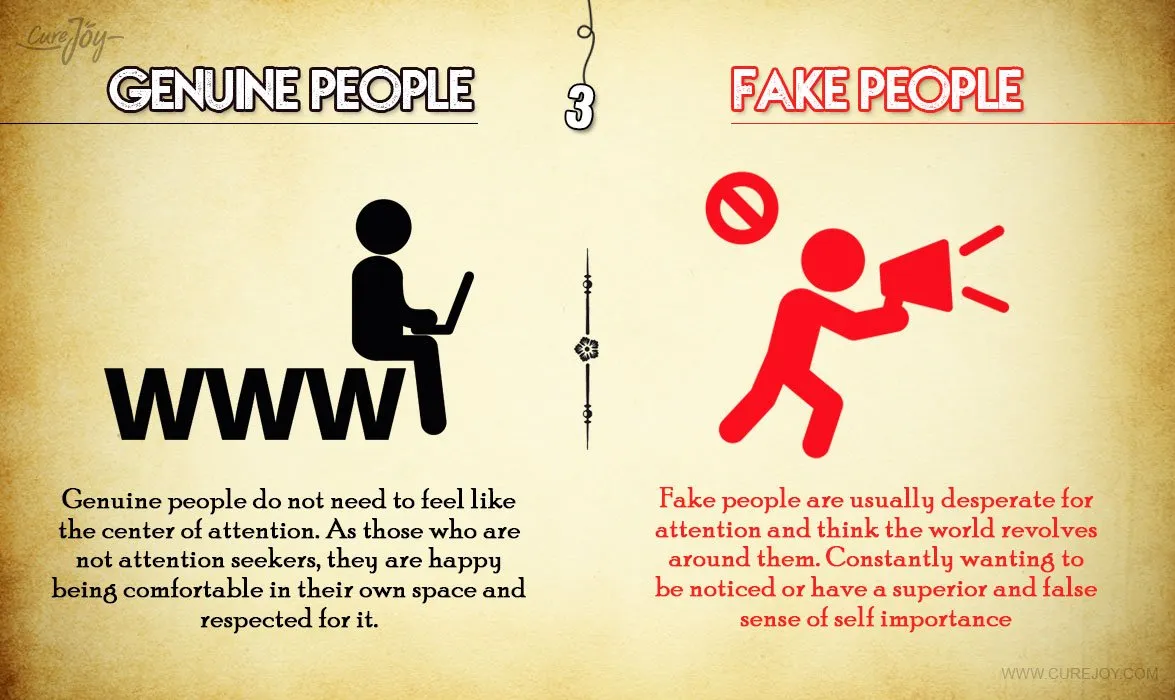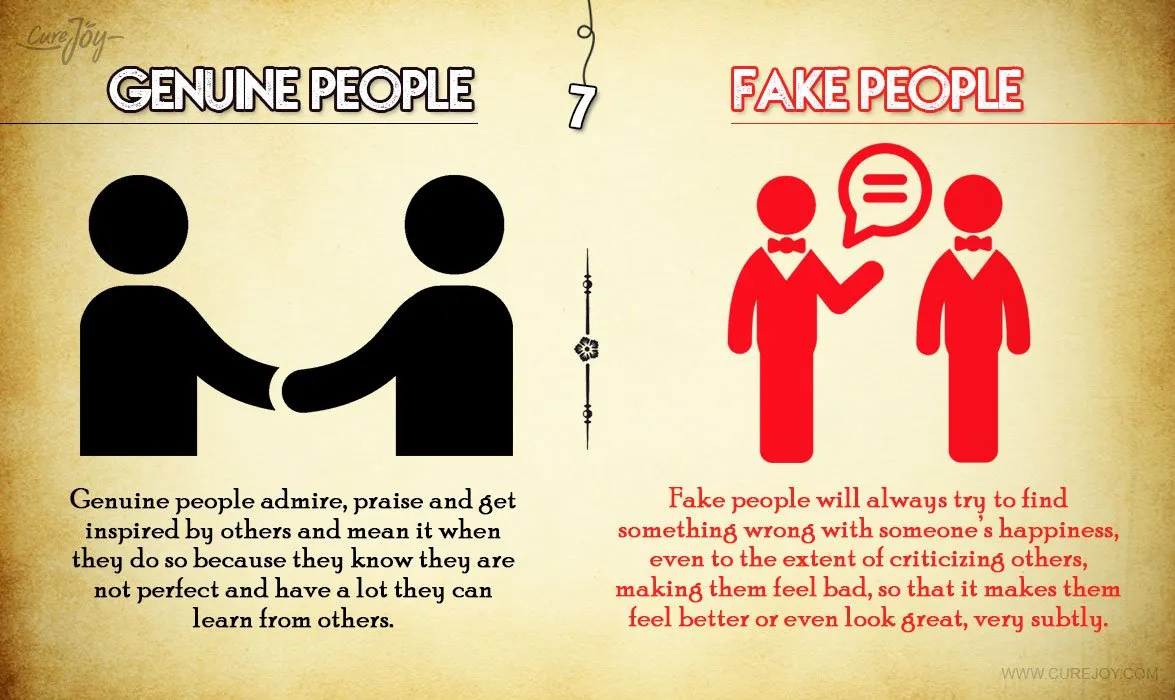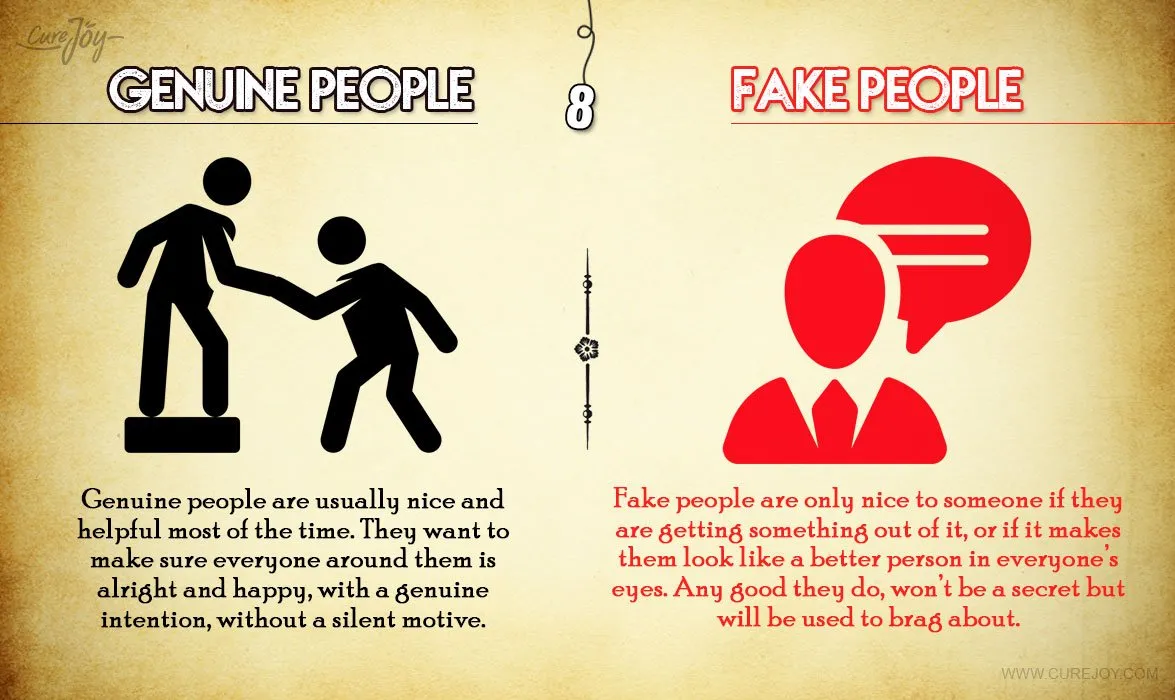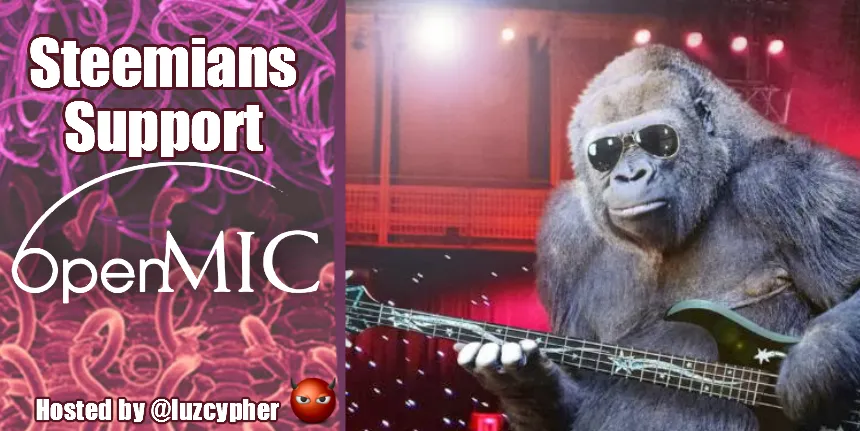A couple days ago I was graced with the pleasure of being interviewed by David Pakman who was a joy to talk with about Steemit and the Steem blockchain. @davidpakman's blog is full of interesting interviews with many creative Steemians and David is great at asking some really good questions.
One question, in particular, we talked about that really got me thinking more after the interview was this. As David put it:
One of the comments I'm hearing a lot from people who I'm bringing over from my YouTube channel to Steemit, which of course is drastically different in infrastructure, it's drastically different in etiquette and in the norms that have developed.
One of the most common things they mention is that it seems that everyone is "fake nice" to each other in order to get upvotes whereas on YouTube things immediately sort of degenerate into just insane ad hominem and insults.
Some of the people I bring over from YouTube immediately pick up on the fact that Steemit seems to be much more cordial and I guess my question to you is,
Do you think it's cordial because it's genuinely more cordial or is it because there's no real advantage to insult people because of how the rewards system works? Source

That's an interesting question worthy of more discussion but before we go there I must point out that in my view platforms where people cloaked behind anonymity slinging insults at each other are truly disingenuous.
People do not act that way towards each other in the real world most of the time. It's not the norm to have people throwing personal insults at you throughout the day as you interact with people. That's something that only happens on sites like YouTube, where people feel free to express the vilest of human emotions to each other safely hidden behind a screen wall.
When is the last time you insulted some random person, attacking their character and intentions in a vile and public manner? I'm guessing most people don't do that very often, if at all. We humans, have adapted enough intelligence to realize there is no advantage to behaving in such a base manner. Our instincts nudge us to cooperate with each other for mutual benefit and such behavior is counterproductive.
David Pakman is a television and radio host, political commentator, and Internet personality. He is best known as the host of the internationally syndicated political television and talk radio program The David Pakman Show. He also is the managing director of Vivid Edge Media Group, which produces The David Pakman Show. A naturalized U.S. citizen, Pakman was born in Buenos Aires, Argentina, and was raised from age 5 in the United States. Pakman is a self-described liberal/progressive. - Wikipedia

While cordial discourse between civil human beings may seem like "fake nice" to people used to the demeaning dialog exchanges on YouTube, I posit that the way people behave on Youtube is the abnormally "fake not-nice" behavior that is at odds with the norm. There is no path to have any meaningful discourse when people attack your personal character simply because they disagree with your point, something commonly found in the comment threads of YouTube.
One reason this kind of behavior has grown like a fungus in a Petri dish on websites like YouTube is there is no accountability that comes with personal face-to-face engagement. Somehow this lack of accountability, while feeling shielded by anonymity, gives free reign to humanity's darkest verbal expressions. It's the ugly side of human nature written in indelible ink for the world to witness and I find it very distasteful.
Steemit, on the other hand, has a system of accountability worked into its fabric with incentives for communities to work together, just like real life. We have an incentive to be civil to each other in mutual support. This fosters an environment with fewer assholes. As far as I'm concerned I want to spend my time in places with the fewest assholes per capita as possible and Steemit is that place.
I have seen so many trolls on platforms like YouTube whose sole purpose it seems it to destroy any chance of having a real intelligent discussion even if it means reversing their position they so venomously were defending only moments ago in order to confuse the person they are talking with. Any intelligent response results in attacks on the person's character and personal beliefs. It's really disgusting to watch but hard to pull away from, like a gruesome car accident on the side of the road as you drive by.

Art Markman, a professor of psychology at the University of Texas at Austin commented about getting sucked into the flame wars that are Internet comment threads.:
"At the end of it you can't possibly feel like anybody heard you. Having a strong emotional experience that doesn't resolve itself in any healthy way can't be a good thing."
A perfect storm of factors come together to engender the rudeness and aggression seen in the comments' sections of Web pages, Markman said. First, commenters are often virtually anonymous, and thus, unaccountable for their rudeness. Second, they are at a distance from the target of their anger — be it the article they're commenting on or another comment on that article — and people tend to antagonize distant abstractions more easily than living, breathing interlocutors. Third, it's easier to be nasty in writing than in speech, hence the now somewhat outmoded practice of leaving angry notes (back when people used paper) Source

Why people act rude and insensitive on platforms like YouTube I'll leave to social media psychologists to discuss, but I for one prefer the more civil and meaningful discussions on Steemit.
No doubt the media is partly responsible for setting bad examples on how people work out their differences, but even with the lack of good examples, we tend to self-censor ourselves in our daily interactions so as to foster cooperation.
Edward Wasserman, Knight Professor in Journalism Ethics at Washington and Lee University, noted another cause of the vitriol: bad examples set by the media.
"Unfortunately, mainstream media have made a fortune teaching people the wrong ways to talk to each other, offering up Jerry Springer, Crossfire, Bill O'Reilly. People understandably conclude rage is the political vernacular, that this is how public ideas are talked about," Wasserman wrote in an article on his university's website. "It isn't." Source
The further away you are from someone you're trying to communicate with the harder it is to do and since 90% of communication is nonverbal, writing as a form of communication with another as you would find in a comment thread requires even more understanding of the other person's perspective before you can truly respond meaningfully.
The communication process is compromised further when there's no accountability or even attempts to hearing someone's perspective when it differs from your own. Here on Steemit people behave more like we normally do in the real world. Thinking that being nice is somehow fake just shows how much the discussions on YouTube have degenerated into useless, unresolvable insults.
While people do disagree on many topics there seems to be a basic level of common decency in the way people interact on Steemit which I find refreshing even though it is more aligned with the way people actually interact normally. It's interesting to note that common civility would seem unusual to a YouTuber looking into the Steemit platform for the first time as if the very idea of people being nice to each other is somehow strange behavior with questionable authenticity.
Since when did being nice appear suspect of being real? I can only hope that the rude assholes who flock to YouTube to indelibly vent their insane, ad hominem frustrations to content creators there are repelled from coming to Steemit with their rude manners once they see how "fake nice" everyone is to each other here.
I want to thank David Pakman for his time and interest in interviewing me and found his questions insightful and engaging. If you would like to hear more of this interview go to Steemit Interview: @luzcypher talks Steem community, SBD & STEEM, music on Steem --- by @davidpakman
David Pakman Interviews LuzCypher About Steem


